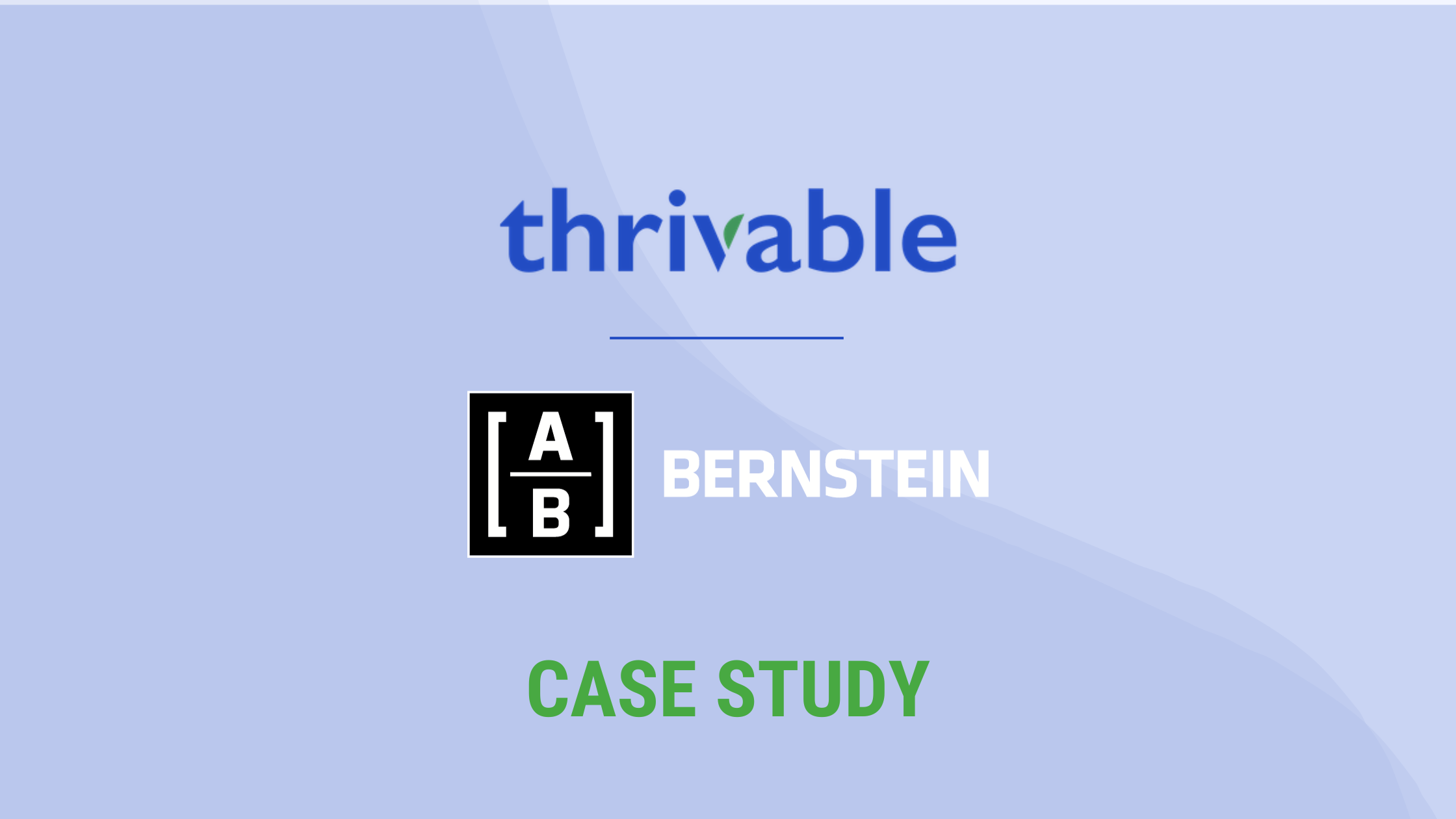Blog
The Human Factor in Research and Recruitment

Adam Zandman
Insights

In diabetes research, human factors encompass how individuals interact with medical devices, treatments, and interventions. This includes factors like usability, accessibility, and safety. Ultimately, human factors research goes beyond clinical metrics to unlock the complex and nuanced experiences of diabetes management.
Understanding the Patient Perspective
Understanding the patient experience directly impacts the effectiveness and relevance of research outcomes. Patient experience data offers invaluable insights into the lived reality of managing diabetes, shedding light on challenges, preferences, and needs that may not be evident from a clinical standpoint alone. By actively listening to patients and incorporating their perspectives into the research process, researchers can develop more user-centric solutions tailored to the unique needs and circumstances of individuals living with diabetes. This patient-centric approach not only enhances the usability and acceptance of medical devices and interventions but also fosters a sense of empowerment and engagement among patients, ultimately leading to improved health outcomes and quality of life.
Recruitment Hurdles
Recruitment plays a vital role in ensuring diverse participant representation, which enhances the generalizability and effectiveness of research findings. Efficient recruitment strategies help assemble a sample that accurately reflects the broader population of patients with diabetes, leading to more meaningful insights and better treatment outcomes. Despite the growing demand for more patient experience data in research, numerous challenges persist in human factors recruitment for diabetes research. These include:
Difficulties accessing diverse populations
Difficulty in reaching and recruiting individuals from diverse demographic backgrounds, including different ages, ethnicities, socioeconomic statuses, and geographic locations.
Issues with engagement and retention
Keeping participants engaged throughout the study duration and ensuring they remain committed to the research protocol can be challenging, particularly in long-term studies.
Complexities in obtaining informed consent
Ensuring participants fully understand the research objectives, risks, and benefits and obtaining informed consent can be time-consuming and complex.
Concerns with data privacy and security
Addressing concerns regarding the privacy and security of participant data, especially in studies involving sensitive health information.
Logistical hurdles
Managing logistical aspects such as scheduling appointments, coordinating transportation, and providing necessary support services for participants with mobility or accessibility issues.
High recruitment costs
Budget constraints may limit the resources available for recruitment efforts, impacting the ability to reach target sample sizes within the desired timeframe.
Strategies for Effective Recruitment
Effective recruitment strategies for human factors research in diabetes involve a multifaceted approach to address diverse participant needs and ensure the quality and relevance of research outcomes.
-
Tailoring recruitment efforts to reach diverse populations affected by diabetes, including individuals from different age groups, ethnicities, socioeconomic backgrounds, and geographic locations, ensures a more representative sample and enhances the generalizability of research findings. Specifically, there's a growing emphasis on demographic representation, including racial, ethnic, and urban-rural diversity, in human factors research.
-
Adopting a patient-centric approach involves actively listening to the experiences and perspectives of individuals living with diabetes. Incorporating patient feedback into recruitment materials and processes fosters trust and engagement, ultimately leading to better recruitment outcomes.
-
Collaborating with healthcare providers, community organizations, and patient advocacy groups facilitates access to potential participants and leverages existing networks for recruitment. Building strong relationships with these stakeholders helps streamline the recruitment process and ensures ethical considerations are addressed.
-
Implementing efficient and user-friendly recruitment processes minimizes barriers to participation and enhances the overall participant experience. Utilizing online platforms for screening and enrollment, providing clear and concise study information, and offering flexible scheduling options optimize recruitment efficiency.
-
Prioritizing ethical standards and regulatory compliance throughout the recruitment process is essential for maintaining participant trust and ensuring the integrity of research outcomes. Obtaining informed consent, protecting participant privacy and confidentiality, and adhering to Institutional Review Board (IRB) guidelines are fundamental ethical considerations.
By understanding the everyday challenges of managing diabetes beyond just clinical measures, researchers can develop solutions that truly fit people's needs. To avoid treating human factors as an afterthought or mere regulatory checkbox, we recommend starting the conversation around Human Factors as early as possible. If your team needs support reaching diverse demographics, engaging and retaining participants, and navigating data security, contact our sales team today to learn how Thrivable can simplify Human Factors research.
About the author

Adam Zandman
Adam, Thrivable's Marketing Director, is a passionate advocate for improving the patient experience, driving companies to prioritize the patient voice in their decisions
Related Content
-

-

Case Study
Case Study: How Bernstein is Reshaping the Way Investors Think about Diabetes MedTech
Market Research
-



